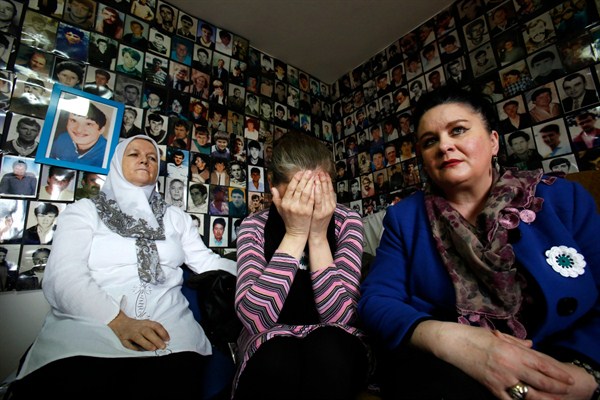BELGRADE, Serbia—The first war crimes tribunal to be established since the military court in Nuremberg after World War II will close its doors at the end of the year, and with it, a chapter of international criminal justice will end.
The International Criminal Tribunal for the Former Yugoslavia was established by the United Nations in May 1993 while the wars in Croatia and Bosnia and Herzegovina were raging. It would adjudicate the worst crimes seen in Europe in half a century. The jurisprudence set since then has paved the way for other countries to adjudicate similar crimes, and for the establishment in 2002 of the International Criminal Court, a permanent body that tries international crimes including war crimes and crimes against humanity.
The tribunal’s prosecutors have indicted 161 individuals. Its courtrooms in The Hague have seen more than 10,800 trial days, heard more than 4,650 witnesses and generated 2.5 million pages of transcripts. More importantly, the ICTY, as the tribunal is known, has made a significant contribution to modern international criminal and humanitarian law. And in an area of the world where the number of casualties from the war and history itself are deeply disputed, it has established a set of facts. As the world awaits Wednesday’s verdict in the case of Bosnian Serb general Ratko Mladic, many are sure the court will secure its 84th conviction.

